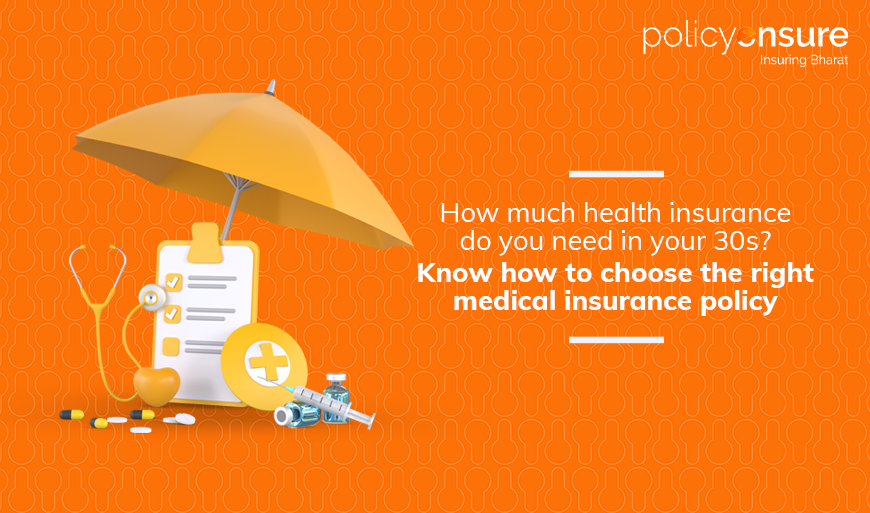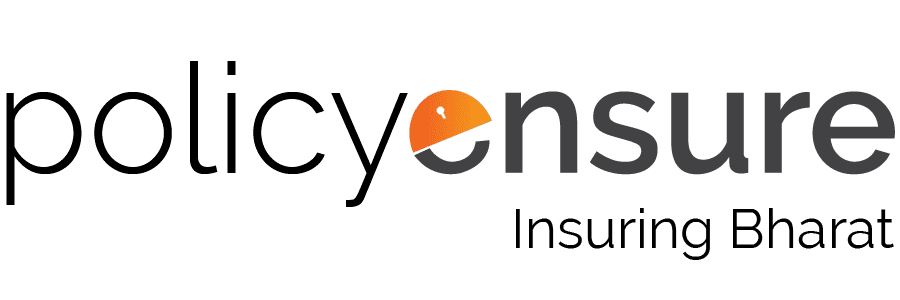How much health insurance do you need in your 30s? Know how to choose the right medical insurance policy

Health issues often do not wait to strike till your old age, especially due to modern lifestyle. Even those who are as young as 30 years old often need treatments that require hospitalisation and may make a big dent in their savings. Health insurance comes in handy in such a situation. Moreover, if you buy a health insurance policy early, even with a low premium you can afford high coverage.
But how much health insurance coverage do you need? What are the things to look at while buying health insurance cover when you are in your 30s? ET Wealth Online spoke to a number of experts to find out what will be the ideal health insurance sum assured for those who are in their 30s and how to choose it.
Why do you need to buy a health insurance policy when you are young?
There are several benefits you will get for buying a health insurance policy in your 30s. Firstly, you will get a comprehensive health insurance cover at an affordable price. “As young consumers fall into the bracket of higher immunity and lower risk of contracting several medical conditions like diabetes, hypertension, or critical illnesses such as organ failure, cancer, cardiovascular diseases, etc., they have the advantage of getting higher coverage at a lesser premium,” said Siddharth Singhal, Business Head – Health Insurance, Policybazaar.com.
Further, most health insurance policies have waiting periods for specific treatments or pre-existing conditions. By purchasing health insurance early, you can serve out these waiting periods while you are still healthy, ensuring that coverage is available when you need it in the future, explained Rakesh Goyal, Director, Probus Insurance Broker.
Moreover, it offers you peace of mind. Knowing that you have a financial safety net in place can free you from stress and worry when it comes to managing healthcare costs.
What should be your ideal sum-assured amount?
When buying a health insurance policy, the most important question is how much coverage you should get. The ideal sum assured depends on various factors like lifestyle, income, family size, location, and medical history.
“Consider the potential healthcare costs you may incur in the future. Evaluate the average medical expenses in your region and factor in any specific health concerns or pre-existing conditions. Ensure the sum assured is adequate to cover potential medical bills,” said Goyal.
As a thumb rule, it is recommended to have a sum assured of at least 2 to 3 times your annual income, mentioned Rahul M Mishra, Co-Founder & Director, Policy Ensure.
“For a person staying in a metropolitan city like Delhi or Mumbai, a sum insured of Rs 10 lakh per member is recommended. However, for a family of two adults with one child, the policyholder should opt for Rs 30 lakh of coverage,” said Singhal.
Echoing the same, Pankaj Goenka, Business Head of InsuranceDekho said, the ideal sum assured for a 30-year-old smoker as well as a non-smoker should be around Rs 10 lakh.
| How much a health insurance policy of Rs 10 lakh can cost you at the age of 30 | |||
| Company | Plan | Cover Amount | Annual Premium |
| Care Health Insurance | Care Supreme | Rs 10 Lakh | Rs 8,419 |
| Niva Bupa Health Insurance | ReAssure 2.0 Bronze+ | Rs 10 Lakh | Rs 8,756 |
| Star Health Insurance | Star Comprehensive | Rs 10 Lakh | Rs 11,476 |
| Aditya Birla Capital | Activ Fit Plus | Rs 10 Lakh (+ Rs 10 Lakh extra) | Rs 8,032 |
| HDFC ERGO General Insurance | Optima Secure | Rs 10 Lakh (+ Rs 10 Lakh extra) | Rs 10,443 |
| ManipalCigna Health Insurance | Prime – Advantage | Rs 10 Lakh | Rs 11,522 |
| Reliance General Insurance | Health Gain | Rs 10 Lakh | Rs 6,072 |
| Tata AIG Insurance | Medicare Premier | Rs 10 Lakh | Rs 11,909 |
| Digit Insurance | Infinity Wallet | Rs 10 Lakh | Rs 8,796 |
| Source: PolicyBazaar.com | |||
If affordability is not a concern, you should take a health insurance policy that has a sum assured of more than Rs 10 lakh but not less. As a young person, you would need this health insurance cover for a longer period. Therefore, a higher sum assured will not only help you fight the current cost of treatment but also higher costs in the future due to inflation.
If you live in a metro, the sum assured can be around Rs 20 lakh, said Kapil Mehta, Co-founder, SecureNow Insurance Broker. Explaining two important reasons behind it, Mehta mentioned, “Firstly, many diseases that impact the young, such as cancers, can cost Rs 10 to 15 lakh to treat. Secondly, the insurance you are buying today should have a sum assured that factors in medical inflation and the higher costs expected in the future for treatment.”
“This medical inflation is between 10 per cent and 15 per cent per annum. That is why a higher sum assured of Rs 20 lakh makes the most sense. From a pricing standpoint, the premium difference between a Rs 10 lakh and a Rs 20 lakh cover is not that significant. Both smokers and non-smokers should have a Rs 20 lakh cover,” he added.
| How much a health insurance policy of Rs 20 lakh can cost you at the age of 30 | ||
| Company | Plan | Annual Premium (Rs) |
| ICICI Lombard General Insurance | Health AdvantEdge Apex Plus | 14,202.00 |
| Future Generali Indian Insurance | Health Absolute(Platinum) | 14,217.00 |
| SBI General Insurance | Arogya Supreme Health Insurance | 11,432.00 |
| Star Health Insurance | Star Comprehensive Insurance Policy | 16,638.00 |
| Niva Bupa | Reassure 2.0(Platinum+) | 15,598.00 |
| Aditya Birla Capital | Activ Health Fit | 12,036.0 |
| Reliance General Insurance | HealthGain Insurance | 10,060.68 |
| Oriental Insurance | Arogya Sanjeevani Policy | 11,097.0 |
| HDFC Ergo General Insurance | Optima Secure | 12,779.00 |
| Iffco-Tokio General Insurance | Individual Health Protector Policy | 13,934.62 |
| Royal Sundaram General Insurance | Lifeline Supreme | 9,921.52 |
| Chola MS General Insurance | Flexi Health Supreme(Plus) | 11,237.00 |
| Tata AIG Insurance | Medicare | 14,059.00 |
| Bajaj Allianz | Individual Health Insurance(Gold Plan) | 11,120.32 |
| Manipal Cigna | ProHealth Prime | 13,142.84 |
| Source: SecureNow Insurance Broking Pvt. Ltd. | ||
The data pertains to individual health insurance cover of Rs 20 lakh for 30-year-old (unmarried), non-smoker, residing in a metro, as of August 1, 2023. Data is indicative. Actual premium and information may vary.
Do keep in mind that if we compare the premium for different sums insured, then when we move from Rs 5 lakh to Rs 10 lakh, we get 2X coverage, but the premium increases only 30-40 per cent. Similarly, for Rs 10 lakh to 20 lakh, the premium increases only 20-30 per cent and a similar trend is observed for a higher sum insured, said Goenka.
How to choose your health insurance policy in 30s
As you get a rough idea about how much health insurance coverage you need, let’s find out how to choose your insurance policy. It’s crucial to take into account a number of things while choosing health insurance coverage. “The main factors to consider are product features, claims payment record, and premium,” said Mehta.
To make it easier for you, ET Wealth has listed eight points that you need to keep in mind.
Coverage and benefits:You must look for comprehensive coverage that includes hospitalisation expenses, pre and post-hospitalisation costs, daycare procedures, ambulance charges, and other relevant benefits based on your specific needs, explained Goyal.
Plans with no sub-limits:Ideally, you may choose a health insurance policy that does not have any kind of co-payments and covers expenses like room rent, ICU charges, domiciliary treatment costs, etc. Plans with sub-limits limit the scope of coverage and result in out-of-pocket expenses, explained Singhal.
Network of network hospitals:Your insurer should have a good number of network hospitals so that you can get quality treatment in a cashless manner. The more the number of network hospitals, the more beneficial it is for you as a policyholder, said Goenka.
Waiting period:The waiting period is the time period that you have to wait before you can file a claim on your health insurance policy. Some policies have longer waiting periods than others. So, while buying a health insurance plan , you must check the waiting period as it varies from insurer to insurer.
Flexible coverage:Individual health insurance allows you to select coverage options and add-ons that align with your personal health needs. It provides flexibility in choosing deductibles, coverage for pre-existing conditions, maternity benefits, and other specific requirements, said Goyal.
Claim settlement ratio:The claim settlement ratio refers to the insurer’s efficiency in settling health insurance claims. You should ideally choose a company that has a higher claim settlement ratio.
Customer service:The insurer should have good customer service to answer all your queries. You can check the insurer’s customer service by calling their customer service number or by reading online reviews, said Pankaj Goenka, Business Head Head, InsuranceDekho.
Look for plans with a renewal bonus:Since medical inflation in India is 14 per cent, it is important that your health insurance premium increase every year. Hence, the renewal bonus is an important factor to look at, Goenka added.
Should you opt for critical illness health insurance cover?
Once you have comprehensive medical insurance, you can consider buying a standalone critical illness insurance cover. This policy covers a large number of ailments and you get a fixed amount if diagnosed with a named critical illness. If you have a critical illness in your family history or have a high-risk job then opt for a critical illness or disability rider respectively, said Naval Goel, Founder and CEO, PolicyX.
Some common critical illnesses that often result in significant claims include cancer, heart-related conditions, neurological disorders, kidney diseases, and organ failures.
“If you opt for critical illness cover, carefully review the policy terms and conditions to understand which critical illnesses are covered and the payout structure. Consider factors such as family medical history, lifestyle, and the prevalence of specific illnesses when deciding whether to choose critical illness cover or riders. Additionally, it is crucial to compare the cost of critical illness riders or standalone policies with the benefits they offer. Some individuals may prefer to have a separate critical illness policy to ensure higher coverage amounts, while others may find riders more cost-effective,” said Goyal.
Should you add your family to your health insurance policy?
The 30s could be a time when many people have just started a family or planning to start one in the next few years. When you are purchasing a health insurance plan in your 30s, you need to take into account how you are planning to take care of your family or dependents going forward.
To address the healthcare needs of your family or dependents, you go for a family floater plan where you can add your family members to your health insurance policy. Many insurers allow you to add family members during policy renewal or within a specific timeframe after marriage or childbirth.
Do remember that individual health insurance does not allow you to add dependents. “A family floater plan is cheaper than an individual plan as the sum insured is shared by an entire family,” said Goyal.
“The cost of adding family members depends on the number of individuals, their age, and the sum assured chosen,” said Mishra.
“Insurance companies usually have provisions to add a spouse during the policy term, subject to the payment of an additional premium. Most health insurance policies allow the inclusion of dependent children up to a certain age (usually 18 to 25 years) under the family coverage. Some policies may also have provisions for extended coverage for children pursuing higher education or until they become financially independent,” said Goyal.
When adding family members to the policy, be aware of any waiting periods associated with specific coverage benefits. Some policies may have waiting periods for maternity benefits, pre-existing conditions of family members, or certain illnesses.
Should you add your elderly parents in the same family floater plan?
Now should you add your elderly parents to the family floater plan? When compared to your parents you may need your health insurance policy for a much longer period. At old age parents may need frequent hospitalization which may adversely impact the available sum assure for younger members.
Do note that you have the option to add your aging parents to your family floater plan. However, Mehta suggested buying separate standalone insurance for parents.
“That is because they should have a sum assured that they can exclusively use and often the products for seniors are different from those below 65 years,” he added. Moreover, you can also claim a deduction of up to Rs 25,000 for health insurance of self/family and Rs 50,000 under Section 80D of the Income-tax Act, 1961, for senior citizen parents while filing income tax returns.




